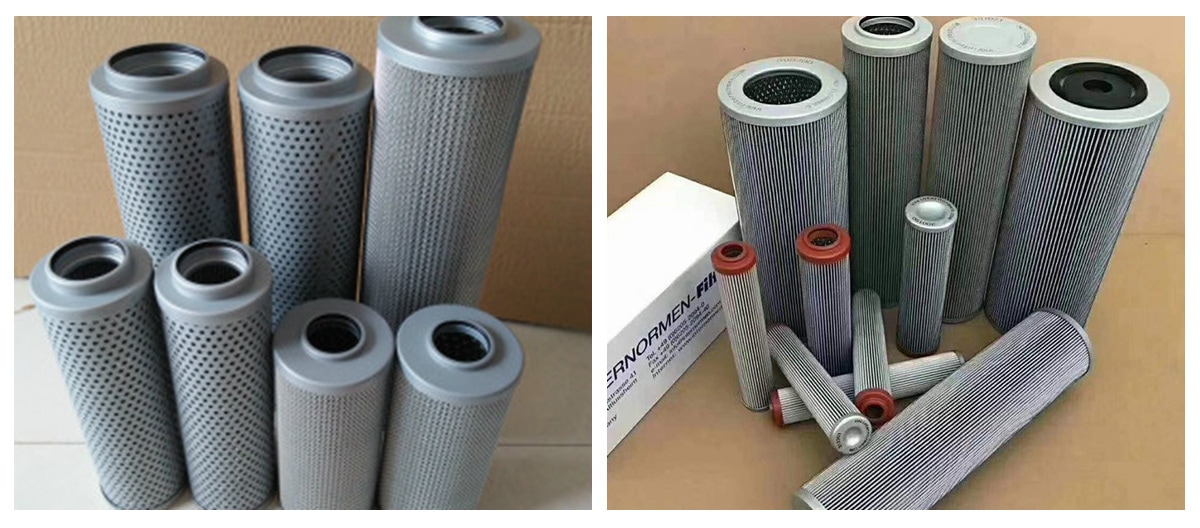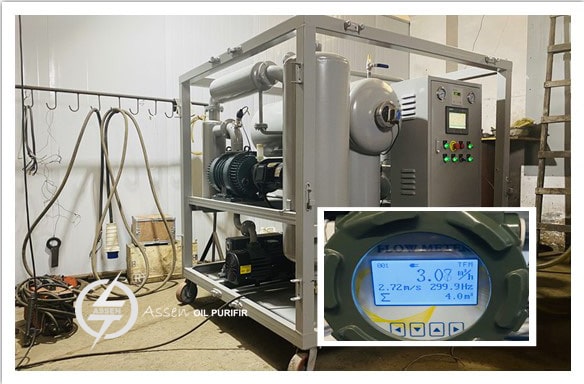The Latest Oil Filtration Technology Developments
Oil filtration is a critical part of engine maintenance, as it helps to remove contaminants from the oil and prevent them from damaging the engine. In recent years, there have been a number of new developments in oil filtration technology that are helping to improve the efficiency and effectiveness of oil filtration systems.
One of the most promising new technologies is double separation technology (DST). DST uses two stages of filtration to remove contaminants, resulting in a cleaner oil. The first stage of filtration removes larger particles, such as dirt and metal shavings. The second stage of filtration removes smaller particles, such as soot and varnish. DST has been shown to extend the life of engines and improve fuel economy.
Another new development in oil filtration technology is the use of nanotechnology. Nanotechnology uses materials at the atomic or molecular level to create filters that are more efficient at removing contaminants. Nanofilters can remove particles that are much smaller than traditional filters, making them ideal for applications where cleanliness is critical, such as in the aerospace and medical industries.
In addition to DST and nanofilters, there are a number of other new oil filtration technologies that are being developed. These include:
- Carbon fiber filters: Carbon fiber filters are very strong and durable, making them ideal for high-performance applications. They are also very good at removing small particles, such as soot and varnish.
- Ceramic filters: Ceramic filters are resistant to heat and chemicals, making them ideal for harsh environments. They are also very good at removing small particles.
- Magnetic filters: Magnetic filters use magnets to attract and remove metal particles from the oil. They are particularly useful for applications where there is a risk of metal contamination, such as in the mining industry.

These are just a few of the latest oil filtration technology developments. As the demand for cleaner and more efficient oil filtration systems continues to grow, we can expect to see even more innovative new technologies in the years to come.
In addition to the new technologies mentioned above, there are also a number of other trends in oil filtration technology development. These include:
- The use of more advanced materials, such as carbon fiber and ceramics.
- The development of more efficient filter media, such as nanofilters.
- The use of online monitoring and diagnostics to improve the performance of oil filtration systems.
- The development of more sustainable oil filtration solutions.
These trends are helping to make oil filtration systems more effective, efficient, and sustainable. As a result, they are helping to protect engines and other machinery from damage, improve fuel economy, and reduce emissions.
Overall, the latest oil filtration technology developments are helping to improve the performance and efficiency of oil filtration systems. This is leading to longer engine life, improved fuel economy, and reduced emissions. As the demand for cleaner and more efficient oil filtration systems continues to grow, we can expect to see even more innovative new technologies in the years to come.



